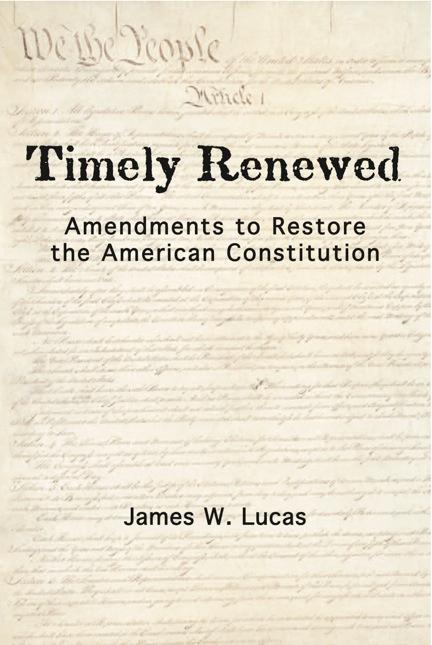Today SpaceX, one of the private companies trying to get into the space launch business, had its first successfull suborbital test flight. The flight was part of its competition for a $1.6B contract from NASA for 12 flights to the international space station. While I recognize that strict economic libertarians and constitutional originalists question any government spending on space exploration, this does provide a neat case study comparing the efficiencies of private over public spending.
The now ending NASA run space shuttle program cost about $600M for each flight to the space station. Each of the shuttle craft cost about $2B to build. While they were built by private contractors, this was on a “cost-plus” basis, where the government pays the contractor whatever it says it spent and adds a guaranteed profit margin, a method which obviously disincentivizes cost efficiencies. In contrast the new contract is on a fixed price basis, which means the contractor will be paid a flat amount per flight. The contractor’s profit is the difference between the fixed price and its costs. This obviously rewards cost efficiency, the exact opposite of the “cost-plus” approach.
An article in this month’s Scientific American discusses how SpaceX approached achieving space flight for a fraction of the cost incurred by NASA and its cost-plus contractors:
“SpaceX … has cut the price tag of anodized aluminum bolts from $15 to 30 cents by machining them itself. It has slashed the cost of the carbon-based thermal material used in heat shields by coming up with its own formulation of the stuff, bypassing the industry’s lone supplier. It has eliminated the need to shell out big bucks for custom-formed tapered-diameter tubing used by the space shuttle to create turbulence-free rocket engine exhaust pipes by coming up with a design that smoothes the exhaust flow using cheap, constant-diameter tubing bent into a spiral shape.”
Time and time again, the private free market has shown its ability to achieve amazing efficiencies through economic incentives. However, these efficiencies come from human creativity, and can not be plugged into the quantitative models so beloved of economists, bureaucrats and socialists. Free market economics is usually portrayed as cold and calculating. However, actually it is ultimately based on faith in human creativity and spirit, which is the fundamental impetus for our desire to explore the beyond.


